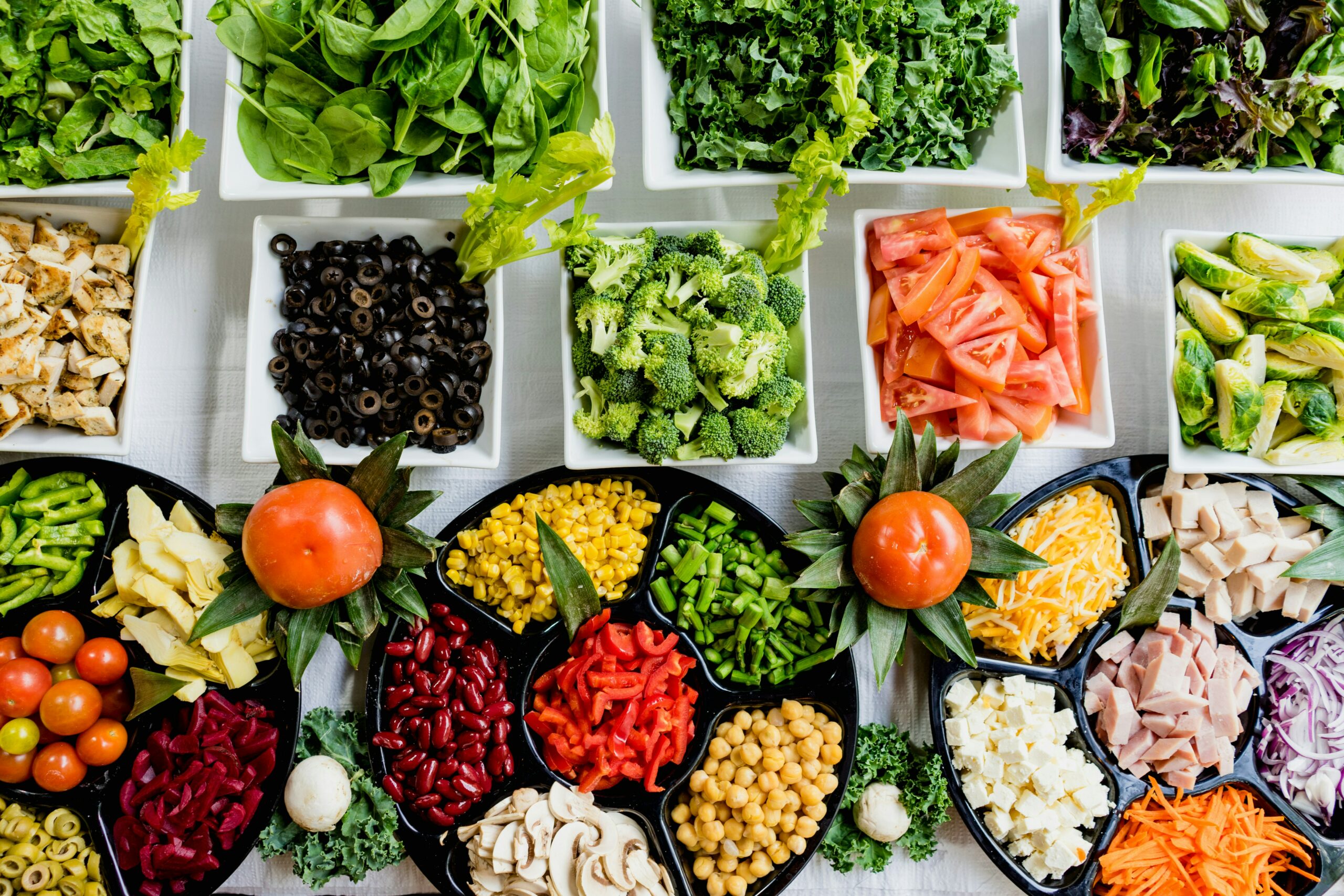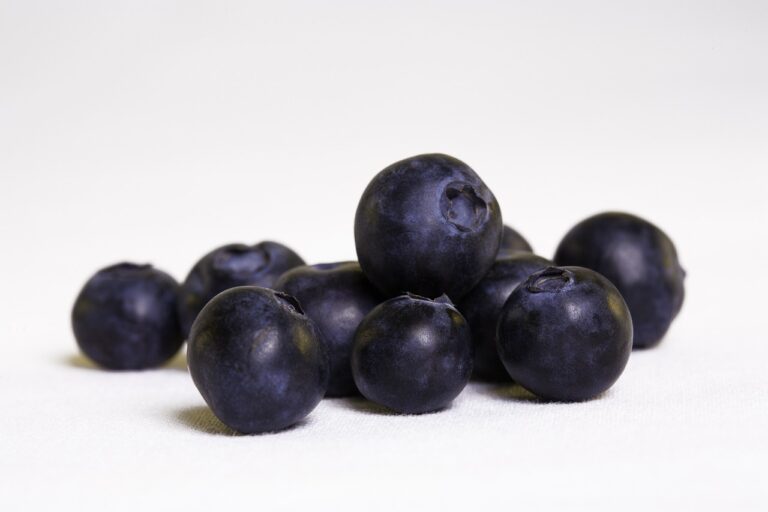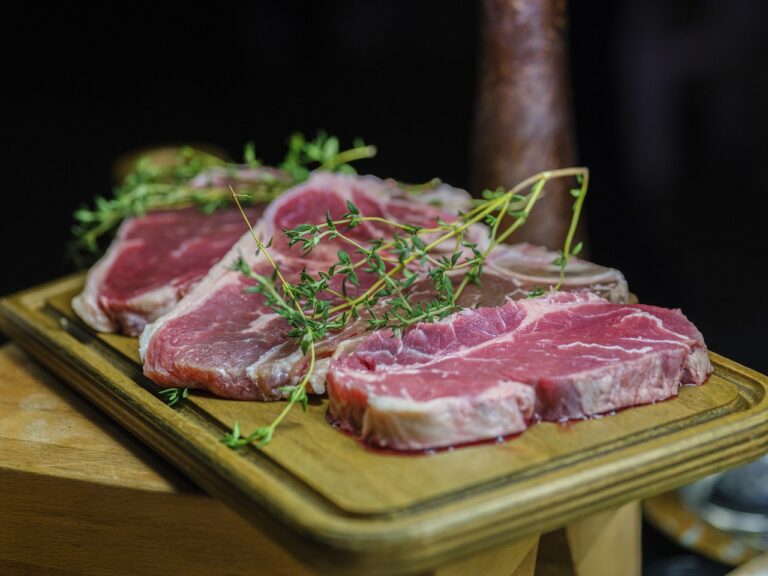The Future of Food Technology: Advances in Cultured Meat Production and Bioreactors
The traditional meat production industry faces a myriad of challenges that impact its sustainability and efficiency. One significant issue is the immense consumption of resources such as water, land, and feed required to raise livestock for meat. This intensive resource usage not only strains the environment but also contributes to concerns about food security and affordability for the growing global population.
Moreover, traditional meat production is often criticized for its negative impact on animal welfare. In many industrialized farming operations, animals are raised in crowded and unsanitary conditions, which can lead to stress, disease, and suffering. These ethical concerns have led to increased scrutiny from consumers and advocacy groups, prompting calls for improved animal welfare practices in the meat industry.
Benefits of Cultured Meat Production
Cultured meat production offers a sustainable solution to the environmental challenges posed by traditional meat production. By reducing the need for large-scale animal agriculture, cultured meat can help decrease greenhouse gas emissions, water usage, and land degradation. This innovative approach also has the potential to address food security issues by providing a more efficient and scalable method of meat production.
Furthermore, cultured meat production can help improve animal welfare by eliminating the need for raising and slaughtering animals for food. This shift towards a more ethical and humane approach to meat production aligns with changing consumer preferences for cruelty-free products. Additionally, cultured meat has the potential to offer a safer and more controlled production process, reducing the risks of foodborne illnesses associated with conventional meat production.
How Bioreactors are Revolutionizing Food Technology
Bioreactors have emerged as a game-changer in the field of food technology. These specially designed vessels provide the ideal environment for the growth and multiplication of cultured cells, allowing for the production of meat without the need for traditional livestock farming.
By utilizing bioreactors, food technologists are revolutionizing the way meat is produced, addressing various challenges associated with traditional methods. The controlled conditions within bioreactors not only ensure consistency in the final product but also offer a more sustainable approach to meat production, reducing the environmental impact of agriculture and animal farming.
• Bioreactors provide the ideal environment for the growth and multiplication of cultured cells
• They allow for the production of meat without traditional livestock farming
• Controlled conditions within bioreactors ensure consistency in the final product
• Bioreactors offer a more sustainable approach to meat production
• They help in reducing the environmental impact of agriculture and animal farming
What are some challenges in traditional meat production?
Some challenges in traditional meat production include environmental impact, animal welfare concerns, and the use of antibiotics and hormones.
What are the benefits of cultured meat production?
Cultured meat production offers benefits such as reduced environmental impact, improved animal welfare, and the potential for customizing nutritional content.
How are bioreactors revolutionizing food technology?
Bioreactors are revolutionizing food technology by providing a more sustainable and efficient method of producing cultured meat, dairy products, and other food items. They allow for precise control over the production process and can be scaled up to meet increasing demand.





